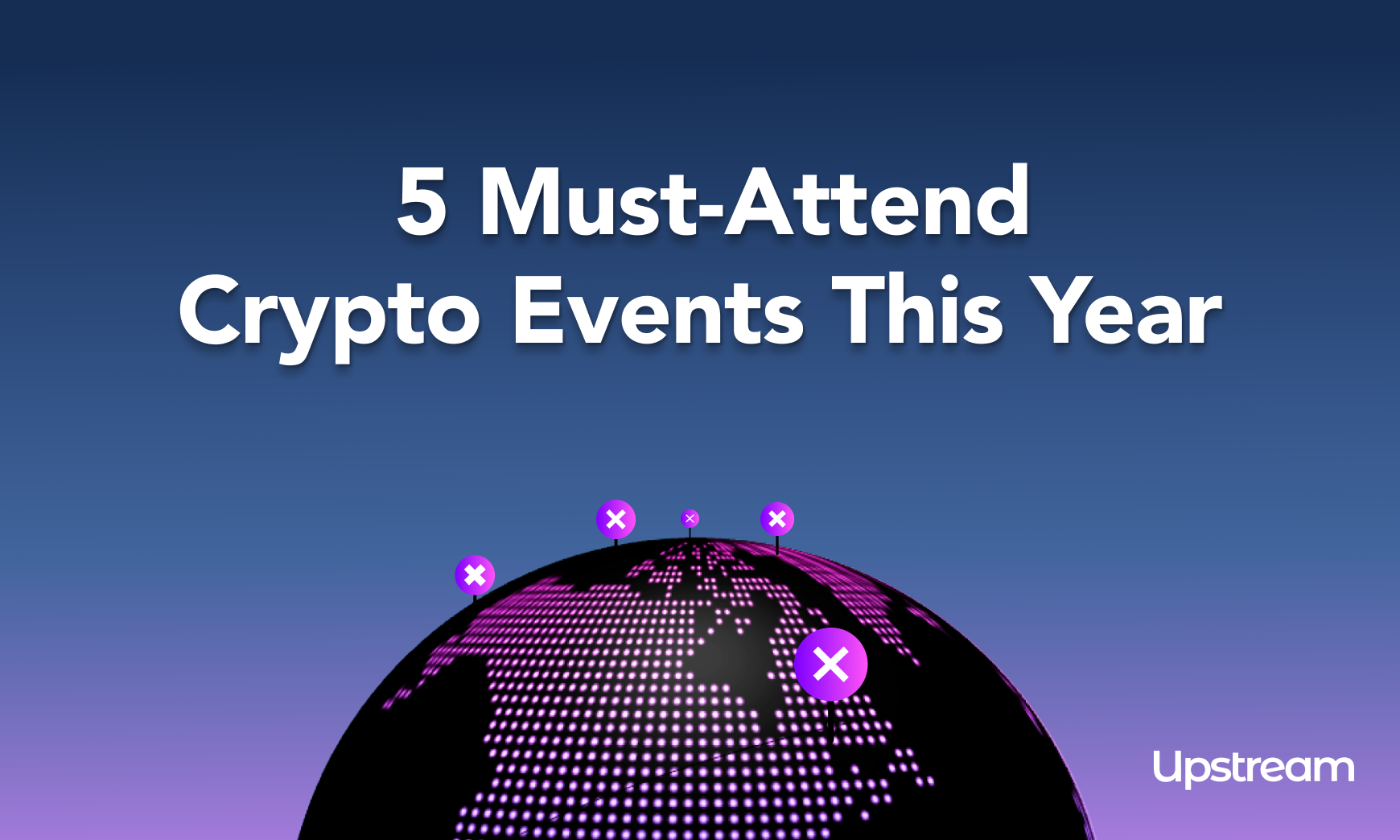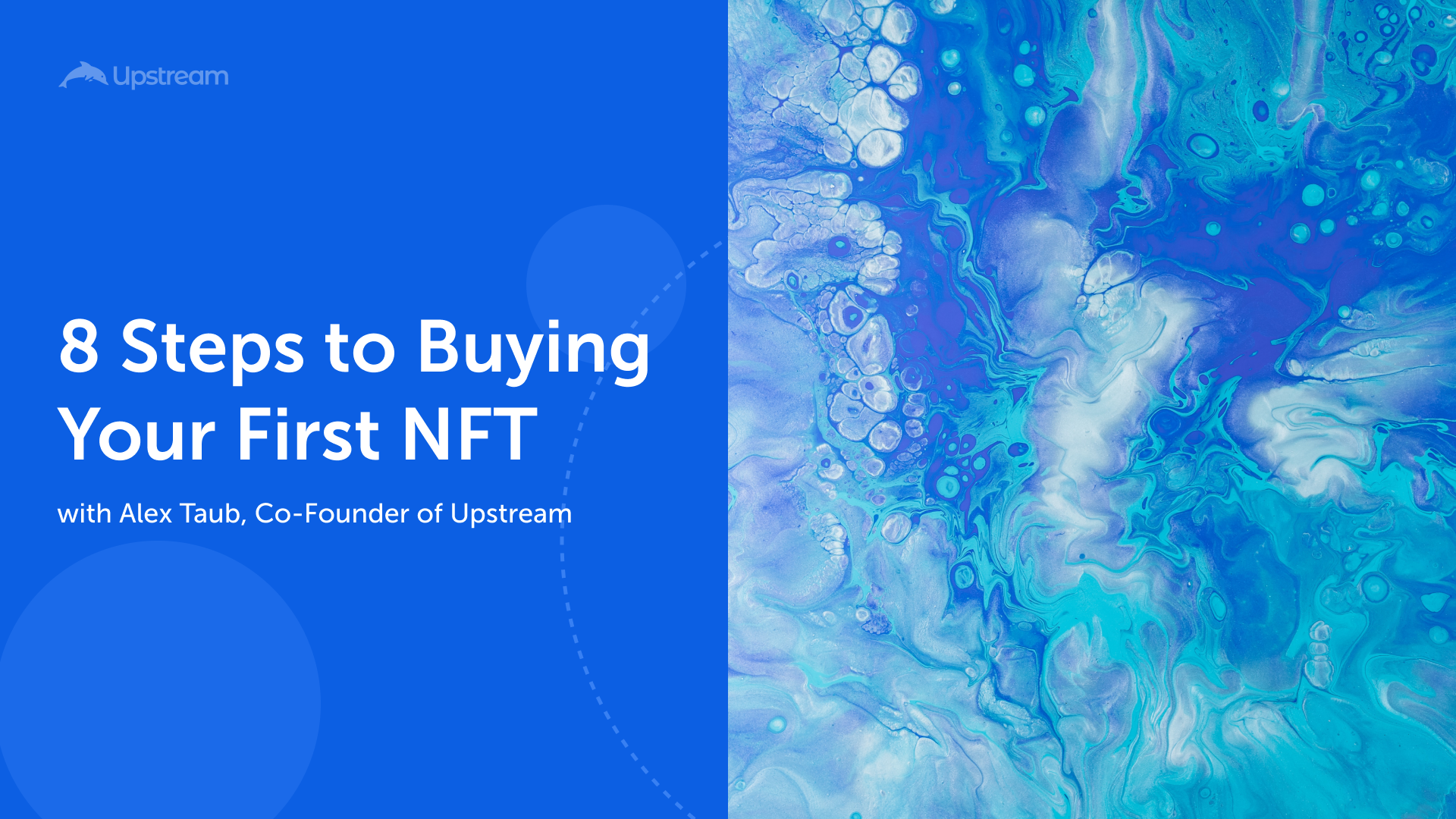
What is a DAO?
If you’ve been reading about web3, crypto, or blockchain lately, chances are you may have come across the word “DAO.” DAO stands for decentralized autonomous organization.
If you’ve been reading about web3, crypto, or blockchain lately, chances are you may have come across the word “DAO.” DAO stands for decentralized autonomous organization.
But what does that even mean?
What is a DAO?
A DAO (decentralized autonomous organization) is an internet community with a shared bank account.
A DAO can be as small as three of your friends putting $10 together to buy dinner somewhere, to an organization as large as a thousand people managing billions of dollars in a Defi protocol. DAOs have come to be a sort of crypto native LLCs. If you're going to create a startup in the crypto world today, you’re essentially creating a DAO.
How does voting work in a DAO?
Voting rights in a DAO come from the ownership of tokens. For most DAOs, the standard is that one token is equivalent to one vote. These tokens can be either earned from activities or bought by contributing money to the treasury (the treasury is basically the community’s bank account, held in an ETH wallet). The more tokens you have, the more voting rights you have.
What is the difference between off-chain and on-chain voting?
First, we need to understand what off-chain and on-chain voting means.
When people say “on-chain voting,” this means every vote by every person is recorded on the blockchain, regardless of whether or not the proposal passes. For a block to be added to the blockchain, “miners” (computers running software) use their time and computation power to process transactions and produce. This is why it costs money to vote “on-chain,” because there are energy and effort costs to making the transaction happen. (Read more about mining here.)
Off-chain voting means that every individual vote is not recorded on the blockchain. Most DAOs initially start with an off-chain voting system in which members use a platform like Snapshot to vote on proposals. Once the vote is complete, a group of trusted people (usually early members of the DAO) are in charge of pressing the button that executes the transaction on the blockchain to reflect what was voted on. As a result, off-chain voting is not completely decentralized as there are people who have more power than others. Voting this way means that each person in the community does not need to pay gas fees each time they submit a vote on a potential proposal. This is attractive because gas fees can become expensive, anywhere from $10 to $100 to execute a transaction.
The difference between off-chain and on-chain voting is that the on-chain voting system requires fees during the voting process. In contrast, voting off-chain is totally free.
While most DAOs start with off-chain voting, as DAOs grow in size and scale, the voting method often switches from off-chain voting to on-chain voting. Especially if the DAO grows to the point of managing hundreds of millions of dollars in capital, the gas fees (the cost of voting on-chain) are worth the spend for the benefit of keeping voting completely decentralized.
What are people using DAOs for?
Today there are DAOs for everything from suppers club (dinnerDAO) to social clubs (Friends With Benefits).
Many early DAOs started with the purpose of giving grants. People would pull money together into a Treasury and then allocate funds out to people who needed it, whether they were founding startups or needed money to travel to different events. The entire intent was to give the money away, with no expectation of profit.
The use cases have evolved since those days. Currently, many people are joining DAOs to pool money together to buy things together as a community that they couldn’t purchase on their own.
Two types of DAOs are increasing in popularity: Social and Service DAOs. A Social DAO is created for the sole purpose of connecting members who own tokens, essentially creating a paid online community. A Service DAO could be described as a freelancer collective, whose members come together to do work on crypto projects in a decentralized way.
How can someone join a DAO?
Oftentimes you can join DAOs for free when they initially start. For example, in a community called Forefront, you can join the Discord server without tokens. But if you want to be part of the curation community that's listing new projects, you have to buy tokens to get into a private access channel.
Generally, you'll notice that DAOs provide more value to their members when there is some form of buy-in to participate. The requirement of contribution, be it in the form of capital, effort, or time, adds a level of trust between members.
What’s the difference between a DAO and a vault?
A DAO is a community pooling funds together with the goal of having the funds governed and shared by the community. It’s transparent, because you can see who contributed, how much they contributed, and how the money will be used. If there isn’t an intent to share value or it’s not transparent, it’s most likely a vault.
What’s the future of governance in DAOs?
When DAOs start, the vast majority, if not all of the proposals, are handled by a few core contributors. Over time, it becomes easier for other people to start making their own proposals.
It has been said that the success of a DAO is directly correlated to how clear and concise it is to make a proposal, how willing people feel to step up into a role of drafting one, and how competent they are at executing the actions on behalf of proposals that are passed.
One thing to note is that transparency is vital for successful DAO governance. If you’re making a proposal, give your community members ample time to comment on something. When it comes time to bring a proposal to a vote, make sure that you're communicating that so people can submit their votes and be involved to the extent they want to be.
What is preventing widespread adoption of DAOs?
In terms of onboarding, currently you need to be crypto savvy to join a DAO. You have to know how to set up your crypto wallet, how to get into the Discord, how to use Uniswap, among other hurdles. Anything and everything that makes the process to get deeply involved in a DAO easier is good for the space as a whole.
Want to get involved with a DAO?
Check out Upstream's newest DAO product: Upstream Collectives








